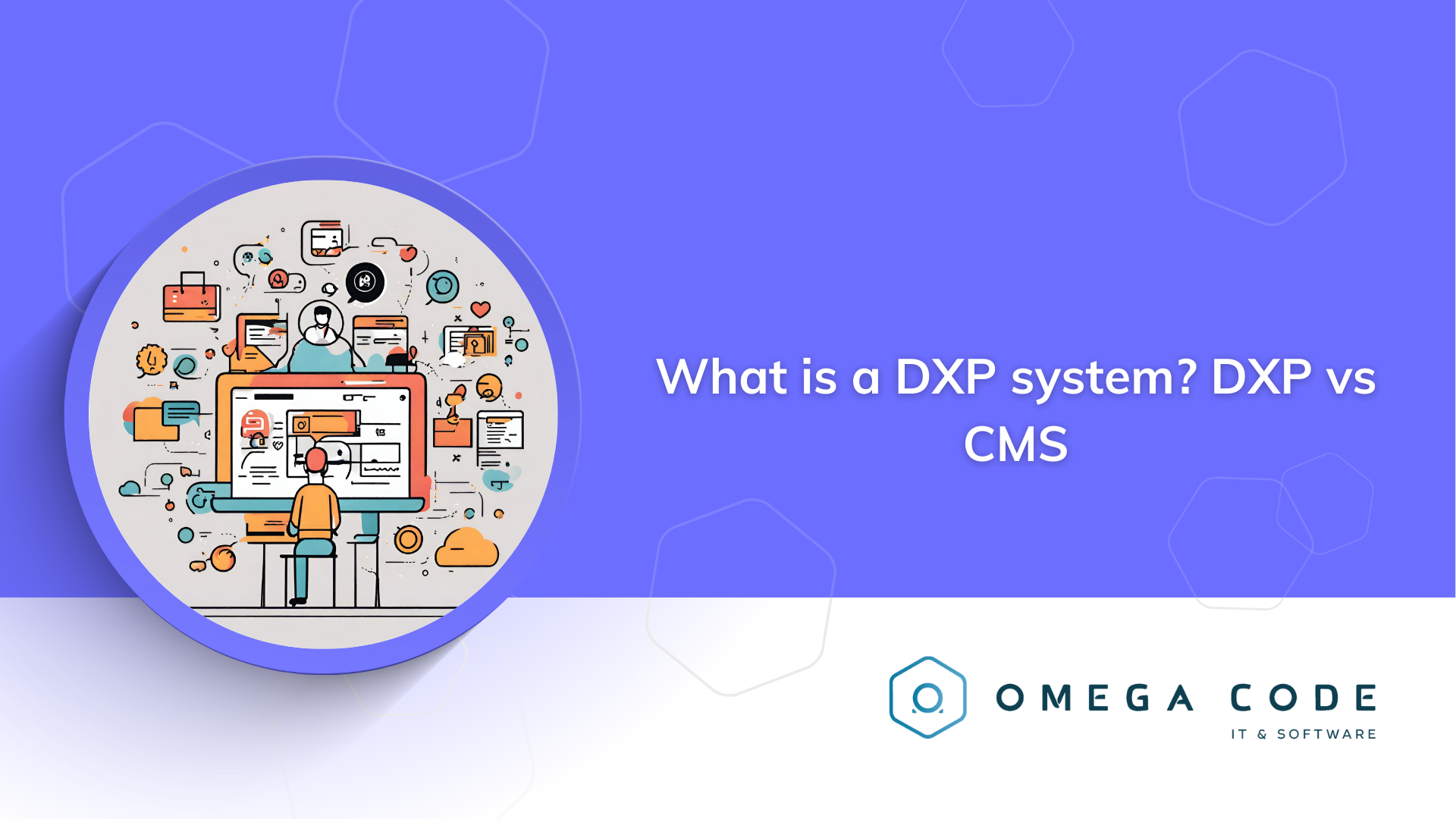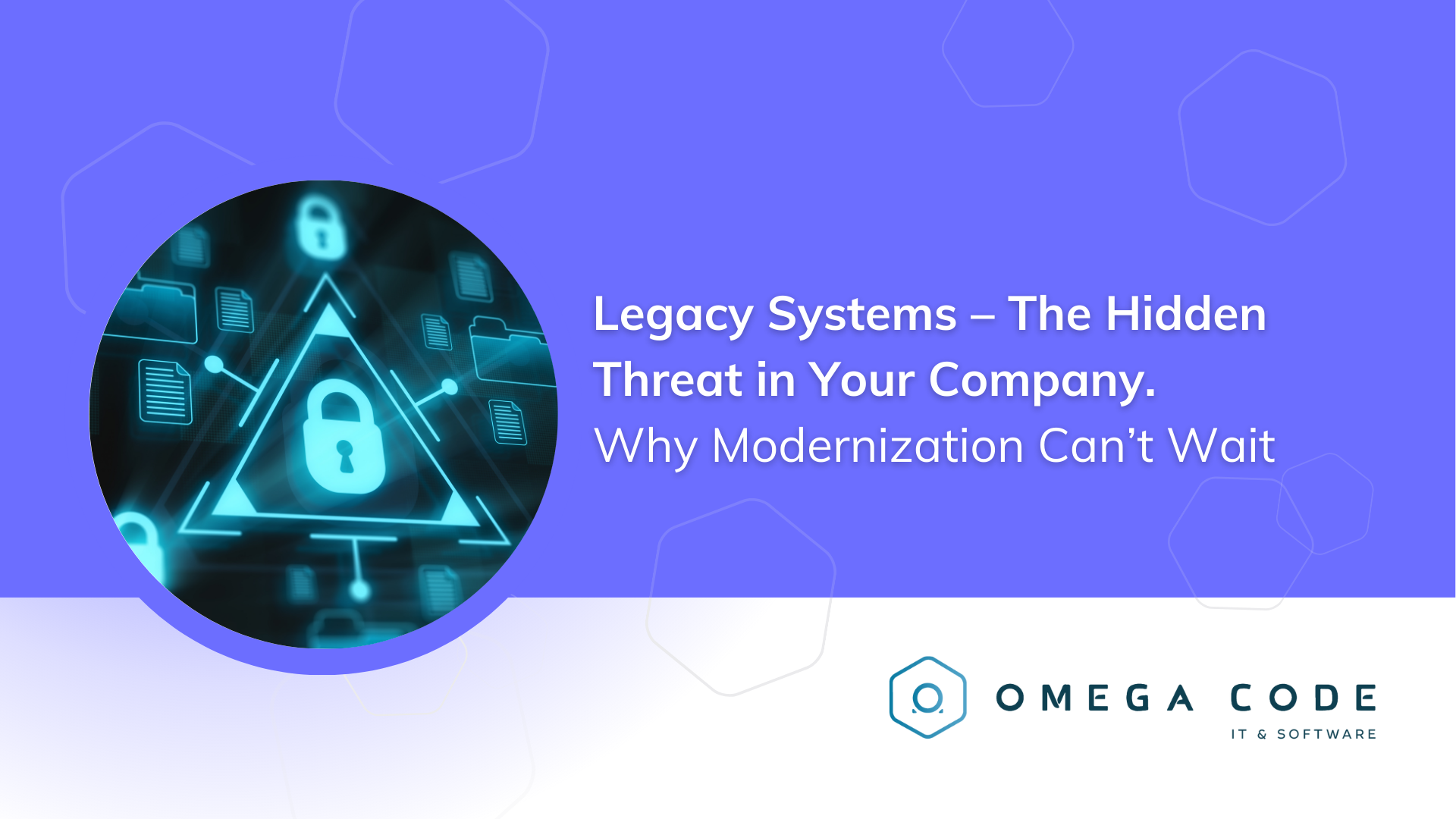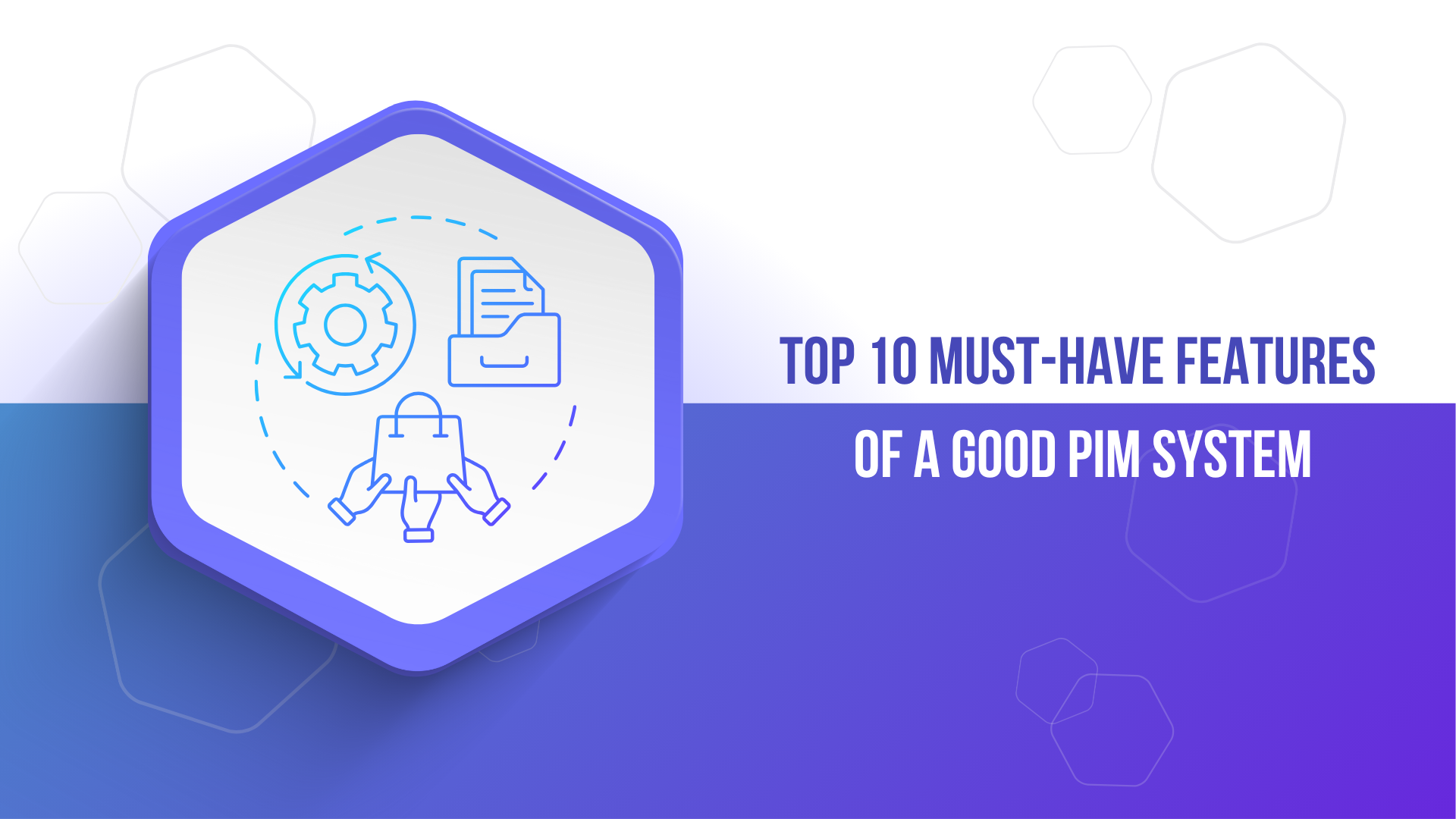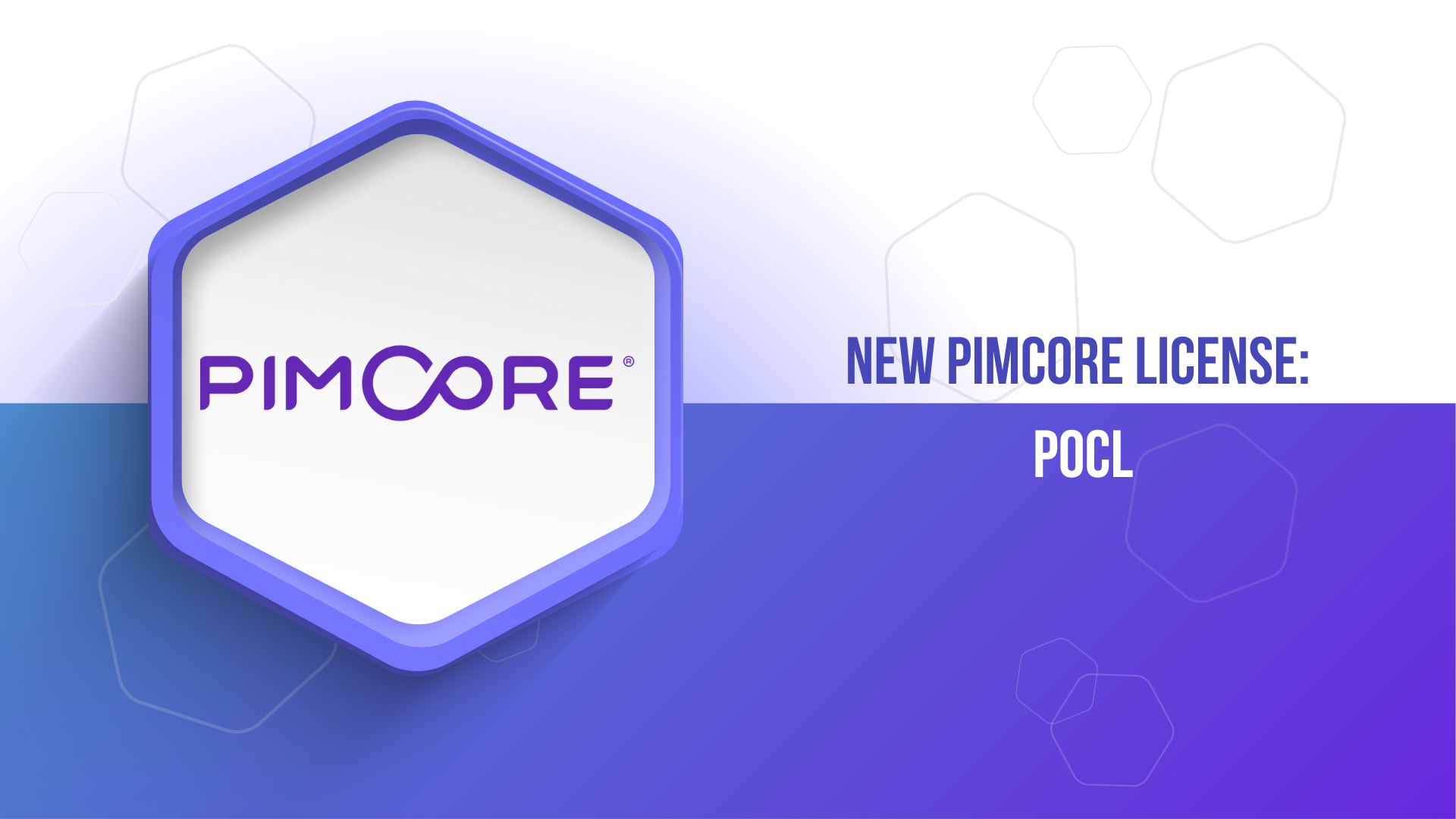What is a DXP system? DXP vs CMS
How can you ensure your users have a great shopping experience? Although this may be quite challenging, technology has already offered solutions that make it possible. One of them is the DXP system. What is it and how does it differ from widely recognized CMS platforms?

According to a Gartner study, as many as 80% of consumers declare that positive customer service experiences increase the likelihood of them making repeat purchases. McKinsey research indicates that improving these experiences can increase revenues by 2-7% and profits by 1-2%.
How can you ensure your users have a great shopping experience? Although this may be quite challenging, technology has already offered solutions that make it possible. One of them is the DXP system. What is it and how does it differ from widely recognized CMS platforms?
Customer Experience Challenges
The evolution of online stores and sales platforms brings forth challenges in delivering a seamless user experience. As a store employs multiple communication channels, it becomes increasingly complex to manage content publication, product data updates, and marketing messages. This can lead to various issues, such as:
-
limited content personalization
-
scattered communication channels
-
lack of information exchange between channels
-
disorganized transitions between separate, non-integrated company websites
-
lack of coherent information and data structure across systems
-
overly complex marketing messages
-
insufficient use of modern communication methods.
For instance, it's common for customers to reach out to a company via email and then follow up with a phone call or website visit. The lack of consistency and data exchange among systems can lead to customers receiving conflicting messages. Additionally, without a history of inquiries, customers may need to reexplain their concerns each time they contact the store. Other issues may include users getting lost on the website, unclear product information, or a complex ordering process.
These challenges can result in unsatisfactory customer experiences, leading to damage to the company's reputation and financial losses. Therefore, businesses aiming to uphold customer satisfaction and maintain a competitive edge must invest in enhancing digital customer service, such as adopting advanced DXP or CMS systems.
What is a DXP system?
The DXP (Digital Experience Platform) system is a platform designed to automate marketing processes and enhance customer experiences across all communication channels. DXP achieves this by integrating digital customer service elements such as applications, portals, websites, sales, and marketing processes.
Technically, DXP acts as a central system for gathering and analyzing user behavior data. Depending on a company's specific needs and requirements, a DXP solution may encompass three key aspects:
-
Architecture understood as the integration of CMS, e-commerce platforms (PIM, DAM), marketing automation systems and other company applications
-
Marketing processes covering stages of the user's purchasing path, such as building interest, commitment, and trust, onboarding, and increasing loyalty
-
User experience in all channels that customers use to contact the company, both online (Internet, website, social media, applications) and offline (call center, trade fairs, sales representatives).
The DXP platform is usually integrated into a cohesive environment for effective relationship management across all stages of customer interaction with the company, combined with the CRM system. This is where DXP typically accesses customer data.
Benefits of DXP implementation
Implementing a DXP platform offers numerous advantages, including:
-
Increase in conversion rate (for example, personalization in an email campaign can increase conversions by up to 8%, compared to 1% for a campaign without personalization)
-
Increase in ROI (return on investment in marketing activities)
-
Increased customer loyalty (as many as 89% of buyers say they are more likely to make a repeat purchase when their previous experiences were positive, while after a bad experience, 61% are able to resign from further purchases)
-
A reliable source of customer information
-
Consistent customer shopping experiences, regardless of the communication channel
-
Improved marketing processes related to content production and publication, and updating product data (thanks to the modularity of the system and its integration with CRM, CMS, ERP and other tools)
-
Greater personalization and content tailored to specific customers or groups of customers
-
Efficient implementation of the omnichannel strategy
-
Increased competitive advantage
-
More accurate and advanced analytics allowing for a deeper understanding of customer behavior
-
Reduced costs of digital transformation.
Who needs DXP system
What type of organizations need a DXP implementation? These are primarily companies that:
-
Offer complex products with extensive or challenging-to-explain functionalities that require the customer to devote a lot of time and effort to get familiar with the offer
-
Use many scattered communication channels in their sales process and would like to integrate them into one coherent path
-
Have a complex purchasing processes that require the customer to, for instance, create an account, place an order, confirm the order, and complete other necessary steps
-
Target their services to several customer segments, which requires diversifying their communications and providing more personalized experiences
-
Process large amounts of content, product data and customer information and need scalable solutions to handle this level of complexity
-
Strive to automate and digitize processes and maximize the benefits of implementing new technologies.
DXP vs CMS - differences
What is the difference between DXP and CMS?
The CMS (Content Management System) is a basic tool for creating user experiences that allows you to control the content of websites. However, it has a fundamental drawback - it doesn't facilitate efficient management of all customer touchpoints throughout their purchasing journey. Additionally, its ability to personalize experiences is limited.
DXP is therefore a solution that effectively responds to these challenges. DXP extends the CMS system with functionalities related to content personalization and consistent user experience not only on the website, but also in other channels - e-commerce portals, applications or IoT devices. While a CMS allows you to manage documents and data intended for publication on websites, DXP provides an integrated structure which enables a much broader spectrum of user experience creation.
The synergy between these two systems enables the effective delivery of customized content to individual customers at the right time. Rather than compete, these platforms complement each other, forming a cohesive ecosystem focused on automating marketing processes, content management, and customer communication. That's why DXP systems are becoming increasingly popular among companies seeking to optimize customer experience personalization.
How to implement a DXP system?
Implementing a DXP system involves not only adopting technological solutions but also shifts in the company’s organizational practices. Placing customer experience at the forefront of company activities requires:
-
Breaking down silos, meaning moving away from implementing business processes by separate departments that have different goals, KPIs and don’t communicate with each other;
-
Deprioritizing the ERP system, which, indeed, offers significant value. However, relying too heavily on them can hinder the organization's ability to create seamless user experiences due to supplier dependencies and limited access to data;
-
Openness to changes in the business model, as organizations need to be more flexible, adaptable, and able to respond effectively to dynamically evolving market realities;
-
Emphasizing constant digitization and adopting modern technological solutions.
Pimcore DXP
One of the most robust DXP tools available is Pimcore. It combines the functionalities of CRM, CMS, and DXP systems within an integrated ecosystem. What sets Pimcore apart is that it's available as an open-source solution, providing flexibility and customization options.
Pimcore DXP offers advanced functionalities, including:
-
Collecting and analyzing data on user behavior
-
User experience management
-
Creating personalized and dynamic content tailored to different customer segments
-
Configurators and advanced product recommendation systems
-
Flexible expansion tools and additional functionalities that address key user needs comprehensively.
If you're considering implementing Pimcore's DXP, CMS, CRM, or other system modules, feel free to reach out to us. As experts in e-commerce platform implementation, we can provide guidance on the best solutions for your needs and create a plan to transform your environment and processes through DXP installation.





